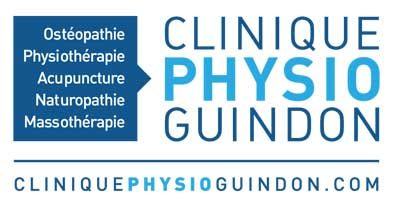The Rule of the Artery is Supreme
In osteopathy, certain fundamental principles guide evaluation and treatment, one of which we will explore today: the rule of the artery is supreme.
Impact of Injury on Fluid Circulation
Fluid circulation can be disrupted after an injury, as tissues become inflamed, fibrotic, and compressed, leading to a reduction in blood flow to certain areas. This reduced circulation is a key factor in the development of dysfunctions.
Restoring Tissue Freedom and Mobility
The osteopath aims to restore tissue freedom and mobility, notably through techniques such as spinal mobilization. This not only improves spinal mobility but also helps regulate nerve signals, whether voluntary or involuntary, that travel along the nerves.
The Role of the Spinal Cord and Nerve System
The spinal cord, located within the vertebral column, is connected to nerve roots that emerge from each level of the spine and extend toward the periphery. In parallel with these nerves, there is a network of involuntary nerves that regulate functions such as digestion, body temperature regulation, and pain management.
Blood Circulation and Tissue Healing
Additionally, these involuntary nerves control the diameter of arteries and arterioles, increasing or decreasing the supply of oxygen- and nutrient-rich blood to specific areas of the body. This promotes better oxygenation and tissue healing in those regions.





